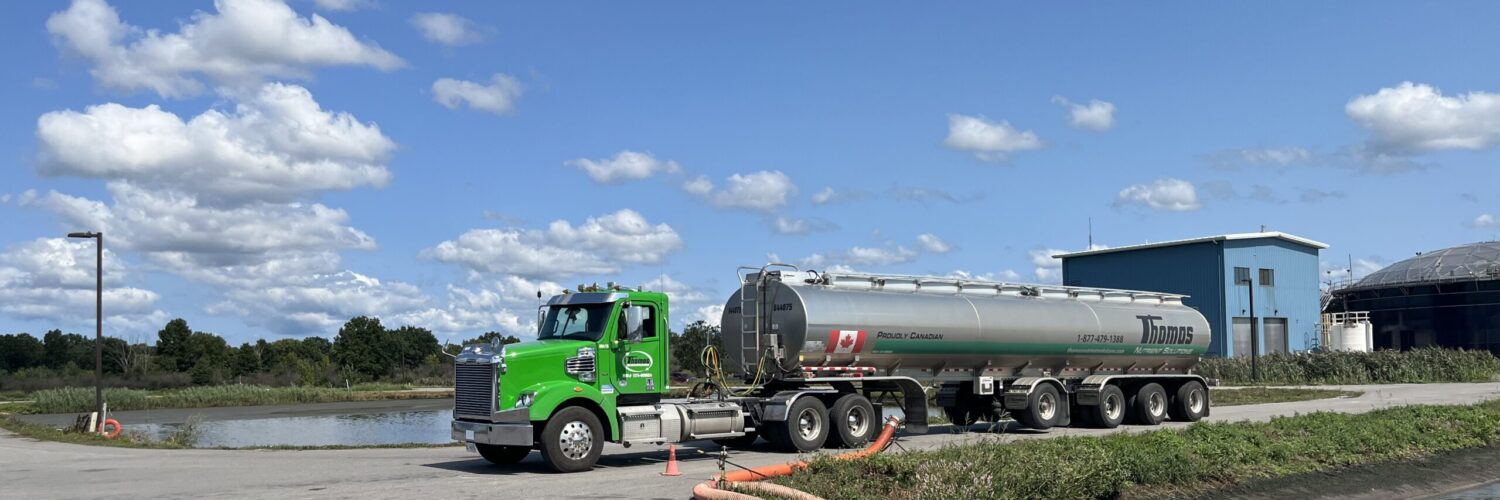Water is one of the most important elements for life and its role in shaping Canada cannot be overlooked. Whether in the form of ice, snow, rivers, or lakes, water has had a huge impact on Canada’s identity. In celebrating its 150th anniversary, Canada needs to find a new perspective in treating this valuable resource, from something that is limitless and abundant, to something that is precious and vulnerable.
As part of this effort, a vision was drawn up by Francis Scarpellegia, a member of Parliament for Lac-Saint-Louis in Montreal. This involves providing aid to water initiatives abroad consistent with the United Nations’ global sustainability goals. It is argued that Canada has the knowledge and experience to help other countries in integrating their programs for sustainability.
The UN’s Transforming Our World Agenda has outlined sustainable development goals on water and other water-related goals which the United Nations University Institute of Water, Environment, and Health (UNU IWEH) is targeting with a new framework. The UNU IWEH, based in Hamilton, Ontario, has developed a policy support system for letting countries measure and report on 6 policy critical parts. By implementing a process for supporting cross-sector, evidence-based policies and planning aligned with the UN’s SDG on water, Scarpallegia’s vision will be realized. Currently, the Policy Support System is being carried out in five countries, Costa Rica, Ghana, Republic of Korea, Pakistan, and Tunisia.
Community-based monitoring has become an invaluable tool in integrated watershed management which is important in mitigating the rising effects of climate change. Governments are not able to allocate the adequate resources to address the water data that is required for monitoring so it is up to the citizens to be vigilant and keep the costs for this effort low. Aside from the cost benefits, they likewise provide accurate scientific data that can help policymakers. This has the added benefit of propagating water literacy and citizen empowerment in protecting these watersheds. Groups like Living Lakes Canada, Living Lakes International, and the Global Nature Fund have been great examples of initiatives that have helped shape responsible policies and growing a water stewardship culture.
According to the UN’s 2030 Transforming Our World Agenda that pressed the need to go beyond sustainability for a neutral outcome. There is a need to aim for restorative development. Canada is on the forefront of a new field of restoration hydrology called applied regenerative hydrology which studies landforms and how it is shaped by precipitation, soil moisture, and health all while providing water storage. A shift in investment towards restoration of upland watersheds aims to find a cohesive balance between engineering infrastructure and natural forces.
Urban planning has been influenced by restoration hydrology by creating rain gardens, green roofs, stormwater parks, and cisterns that serve not only as functional structures but as a public art display. The knowledge accrued from these applications can be put to better use abroad where outdated concepts can be replaced with the latest concepts for sustainability.
Canada has also applied this knowledge with the water governing bodies from around the world through its Forum for Leadership on Water (FLOW) and has built on the breakthroughs that trans-boundary agreements have generated.
In looking ahead, Canada has invested heavily in Global Water Futures Research, which is studying how to better prepare for the increasing number of water-related threats. By developing an integrated flood and drought prediction system, Canada can lead the world in this endeavour.
On December 21, 2016, a resolution was passed by the UN General Assembly called the International Decade for Action: Water for Sustainable Development, 2018-2028. This entails cooperation among 177 member states to cooperate in promoting sustainable development and integrated water resource management in line with the UN’s 2030 Sustainable Development Goals.
Thomas Nutrient Solutions is made up of long-time Niagara residents with years of experience managing Niagara biosolids. We have worked with some of the largest industrial and resource operations in the world, playing an integral role in the handling and removal of environmentally sensitive by-products of their operations.
If you are a municipality in Ontario and in need of a biosolids management solution, please feel free to contact us on 1 (877) 479-1388.
Source:
http://watercanada.net

